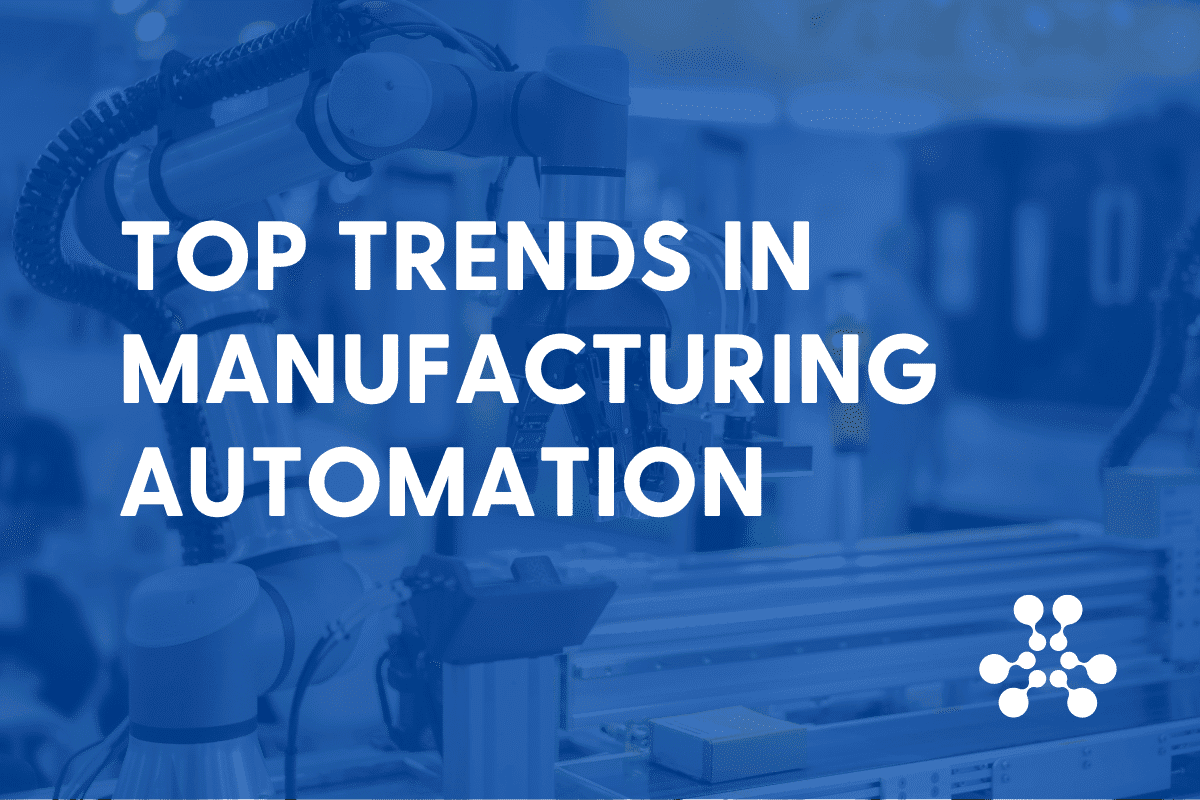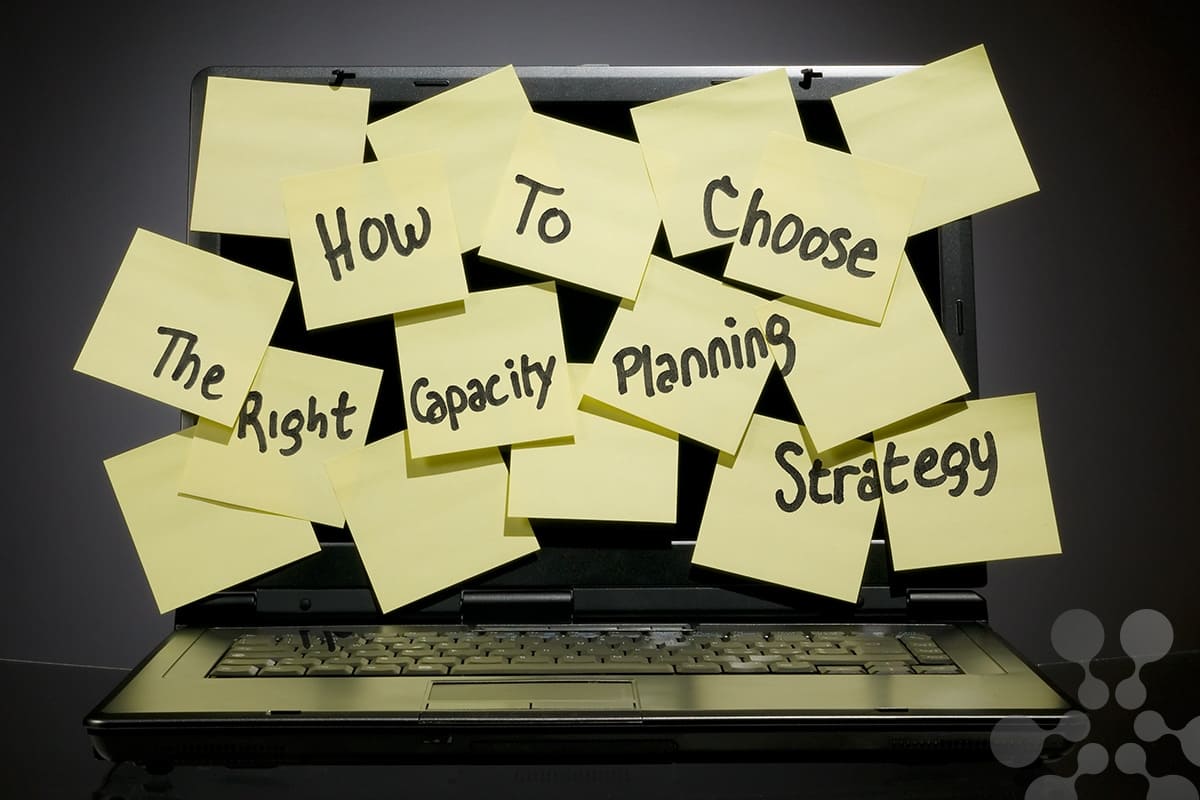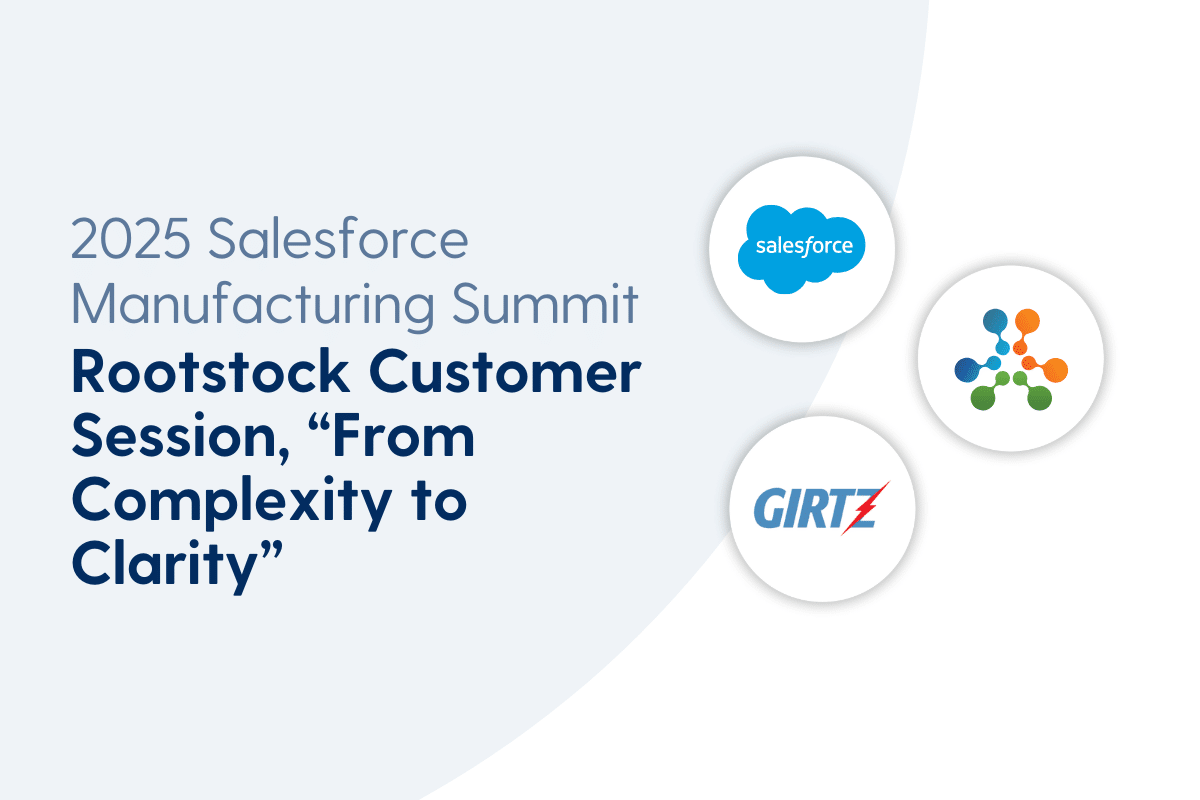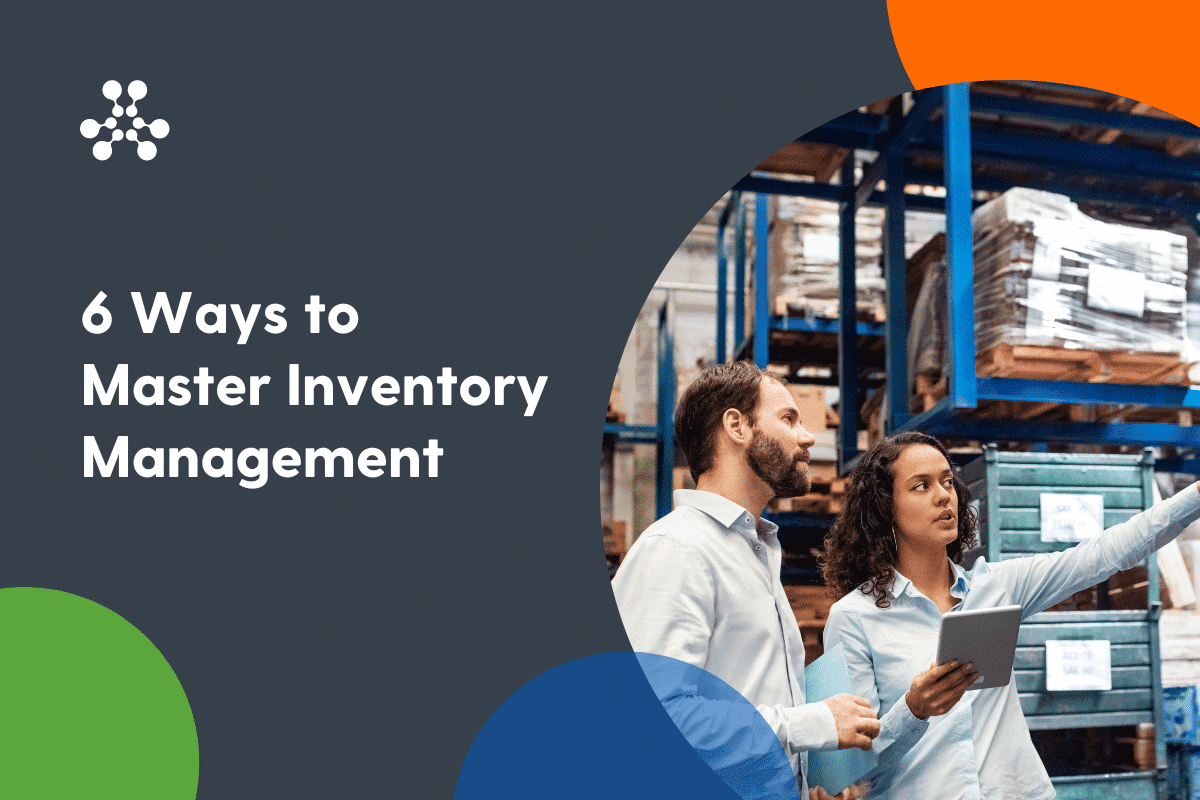Growing your business is not easy. Sometimes, it can deliver on an administrative workload headache if not managed properly. Running a new business might allow for more manualized work systems at first, you’re your accounting software and spreadsheets easily keep pace with transactions. But your business can fast become unsustainable if it is taking longer to reconcile accounts, harder to do sales forecasts, and impossible to accurately predict the stock in the warehouse. When the pace of filling orders is failing, your systems are becoming unmanageable and you likely need a single system all that all departments and personnel can access to get the information they need to do their work. Here are the warning signs you need to get serious about a cloud based Enterprise Resource Planning (ERP) system purchase.
1. ERP Warning Sign: Accounting Suffers
One of the earliest signs that your company needs ERP software will appear in the accounting department. If your accounting team repeatedly asks the sales team for more up to date figures, then this is slowing down management, and growth suffers. Another red flag is the manual entry of paper-based invoices and sales orders. Do you have different accounting and sales systems? This is all wasted time; these are tasks instantly handled with ERP software.
A lack of integration is a key sign you need one system linking all the applications. Most companies invest in accounting software and use these systems alongside spreadsheets to operate its sales’ end. While accounting systems and spreadsheets are effective up to a point, when your business begins to really grow, these multiple applications can become a problem.
If you are having difficulty consolidating or reconciling financial information across systems and countless spreadsheets, your constant reporting is now a time sap, and only an ERP solution can make fix this. With all financials in a single database, accounting won’t waste time cross-posting and reconciling data. By centralizing all operations, you won’t work at reconciling financials or having to guess at sales forecasts. A step up to ERP accounting software saves time and money.
2. ERP Warning Sign: Decision Making Suffers
You know systems throughout the business enterprise need to talk to each other, and need to connect and communicate effectively to transfer data and transparency across the departments. But ‘data silos’ mean one department is using software that can’t be accessed by another. Like a silo filled with grain on a farm, they are closed off to other areas of the business and can’t communicate or share data properly. A good example is when personnel from accounting can’t access data from sales, and your financials can’t be easily reconciled.
When accounting uses one software system and sales another, and the sales department has no idea of available stock, and the warehouse is unclear of stock on hand, your purchasing team struggles with ordering replacement inventory and goods are not shipped to customers in a timely fashion.
Get your systems to communicate; all data needs to flow freely and be accessed by everyone in the company. Put all departments under one software system to stop the silos of information. With an ERP system in place, staff in every department can access the needed information, so there are no more ‘silos of confusion’ and missing data. Everything is connected. Only then can data silos be eliminated at a key stroke, ensuring that that everyone has access to the same pool of accurate, up to date information.
3. ERP Warning Sign: Sales Suffers
There was a time your business could visualize the ratio of stock on hand to sales in hand. But lately you find the volume of sales is unpredictable, and control of stock- unmanageable. When the business grows and the stock to order is out of balance and inventory can’t fulfill the sales orders – your customer demand suffers. Sales drop when your reputation “to supply” suffers. If customer demand outweighs stock availability, inquiries can’t be answered or tracked properly. If your product shipping and your inventory stock seems out of alignment, your company will start to develop a poor reputation for reliability and service.
Everything flows better with real time information. With a single source ERP solution, both sales and customer service can see the correct information and view the order or ship status, and, in turn, the warehouse has a clear picture to manage stock. Customers receive orders on time, and are more likely to become a source of repeat business. ERP breaks the log jams so smart decisions are made with respect to all in and out flows – solving your sales problems.
4. ERP Warning Sign: Mobile Access Suffers
Many of your employees need access to software to manage and drive business from their own mobile phones. And not only reliable access, but updates and account information input in real time. Sales needs to be able to close new business, and see upsell opportunities, and this means they need to see stock availability. Everyone travels, not just senior management, so up to date information equals proper decision making.
Many ERP software developers – but not all – provide functionality designed specifically for field based staff which ensures they have everything at their fingertips. Ideally, you need a system easily accessible to all your people via a range of different devices including smartphones, laptops and tablets.
5. ERP Warning Sign: IT Suffers
Not having a single ERP system means your IT management is wasting time and resources. Continually customizing different systems, integrating and maintaining them with patches and upgrades can be a complex, costly nightmare.
Your patchwork of systems might include on premise and legacy business software. This is more trouble than its worth. Updates are expensive and time-consuming, and can undo customizations implemented by the IT staff.
In closing, recognize the signs, and don’t add more software to an already complex system. Step up to ERP technology; it will give you the ability to respond to your ever-changing business needs. Selecting a cloud-based ERP provider allows for your business to stay nimble and still grow in today’s new business climate.






